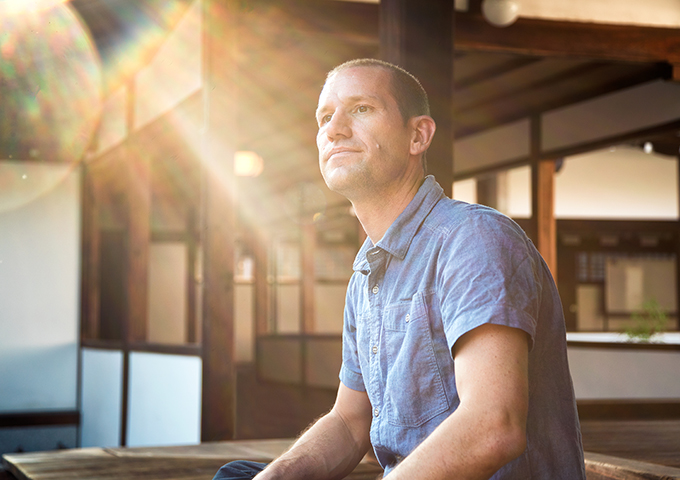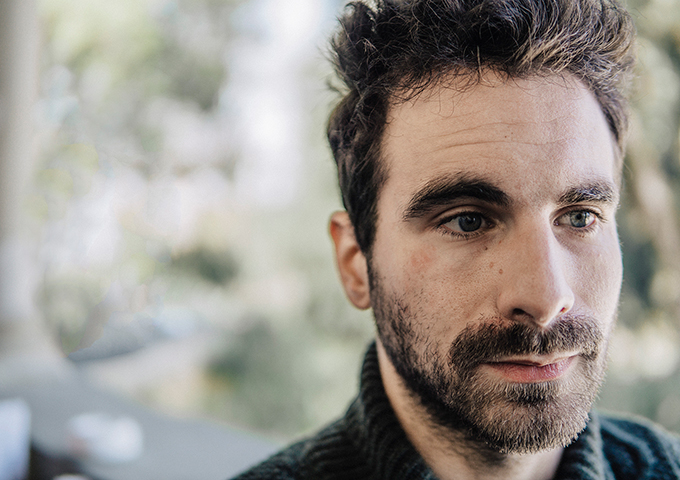Understanding verbal abuse
Many relationships face conflict, but how do we know when the problem is more serious? Read on to understand what constitutes verbal abuse, learn key signs to look for, and how to get help.
Read moreDomestic and family violence can take many forms – it can include many different types of behaviour including emotional, physical, sexual, spiritual and verbal abuse. One form of domestic violence which is often overlooked is financial abuse.

Domestic and family violence can take many forms – it can include many different types of behaviour (emotional, physical, sexual, spiritual, verbal). One form of domestic violence which is often overlooked is financial abuse (also known as economic abuse).
Financial abuse can leave victims isolated and anxious, limiting their independence and their ability to effectively parent or look after basic needs.
Sometimes financial abuse can be gradual, and hard to recognise when it becomes problematic. It may even start out as a positive form of help at first, e.g. an offer to help with managing finances, but when this help becomes controlling or domineering and leads to a loss of control for the victim it becomes an issue.
For many women, financial abuse can be a major reason for remaining in an abusive relationship, as it can be very difficult to establish independence without adequate funds. This financial instability can also continue after a relationship ends, leaving the victim with ongoing debt or a bad credit rating.
If you think that you may be committing financial abuse or exerting another form of non-physical control, there are some steps you can take to stop it getting out of hand:
If you’re experiencing family or domestic violence you can call MensLine Australia on 1300 78 99 78, access online counselling or visit 1800RESPECT.
Many relationships face conflict, but how do we know when the problem is more serious? Read on to understand what constitutes verbal abuse, learn key signs to look for, and how to get help.
Read more
The Violence Prevention Program is part of the Changing for Good service and is for men who are worried about their thoughts and behaviour escalating to physical violence.
Read more
The Post-Men’s Behaviour Change Program is part of the Changing for Good service and is for men who have completed a Men’s Behaviour Change Program (MBCP) in the last 12 months.
Read more
Domestic and family violence can take many forms – it can include many different types of behaviour including emotional, physical, sexual, spiritual and verbal abuse. One form of domestic violence which is often overlooked is financial abuse.
Read more